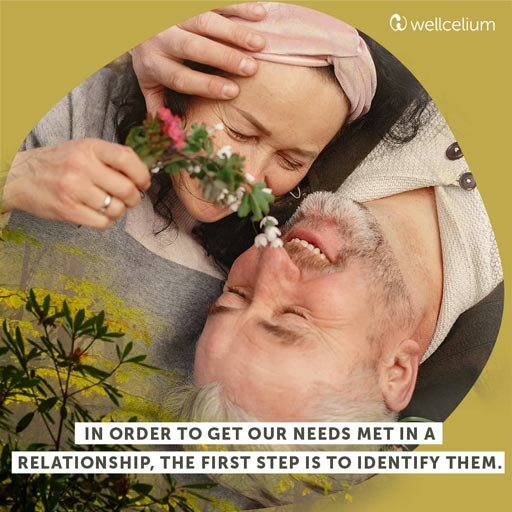The Importance of Trust in a Relationship
Trust is built and deepens over time, an accumulation of experiences. As you find that your partner shows up and cares for you and about you, it makes it possible to believe that behavior is going to continue happening. Each time you turn toward your partner and feel seen and accepted, that trust renews. Every time you are received gently in your vulnerability, trust deepens. There is a need, and a response of presence. Trust is the glue in a relationship. It’s part of a solid foundation of safety, connection, and support. This secure base makes it possible for you to root in this foundation and, with that security, reach farther beyond than you might venture without it.
Zach Brittle, LMHC at The Gottman Institute, says, “[T]rust is built slowly over time. The basis of trust is the idea of attunement. Consider the following acronym:
- Awareness
- Turning toward
- Tolerance
- Understanding
- Non-defensive responding
- Empathy
“The work of trust-building occurs as you move through life together. This is not to say that the trust you have now isn’t real. It’s an acknowledgment that the trust you do have is not yet as strong as it will be one day. There simply is no substitute for mastering the tenets of attunement.”
What Causes Trust Issues in a Relationship?
Trust takes a long time to build, but it can be broken in a single moment. People who have trust issues may have had very painful experiences in their past, such as abuse, divorce, social rejection, or other traumas. When a person’s trust is repeatedly violated, it can affect a person’s belief system and make it very difficult for them to create trust in the future.
More obviously, trust issues can come from a betrayal that happened in your current relationship, such as dishonesty, broken promises, not sharing feelings openly, or infidelity. Infidelity is often described as an act involving someone outside the relationship, which violates the agreements or boundaries of the relationship. Infidelity or cheating, can be physical, emotional, and/or digital.
Some signs you might have trust issues can include doubting the honesty of others, assuming or expecting the worst, jealous feelings and behaviors, keeping loved ones at a distance, or avoiding intimacy and vulnerability.
How to Bring Back Trust in Your Relationship
When trust has been lost, it takes extra work to repair the connection. Here are some tips for repairing trust in your relationship:
- Communication – Regular, honest communication and vulnerable conversations about your feelings are important. Each partner benefits from hearing how the other feels about the situation, why it happened, why it was hurtful, and what each person needs to start rebuilding trust. This includes practicing active listening and receiving honest feedback.
- Forgiveness – Forgiving your partner and forgiving yourself are key in the rebuilding of trust, regardless of which person has broken the trust. Forgiving isn’t the same as saying what happened was okay, but rather accepting that the action was in the past, and providing a chance to learn and grow beyond the mistake.
- Honesty – Practice telling the truth, and being vulnerable in offering your trust. Rebuilding trust will require both partner’s actions to be in alignment with their promises and the relationship agreement. As actions align with words over time, the trust will begin to rebuild.
- Support – If you and your partner have already done as much healing work as you know how and you’re still struggling, it might be time to seek outside support. Talking with trained professionals such as a couples therapist or a qualified mental health professional can be a good place to start for talking through your experiences and shedding light on how to move forward for yourself and your current relationship.
Recommended Resources
How to Build Trust in Your Relationship by Zach Brittle, LMHC, The Gottman Institute
Attached: The New Science of Adult Attachment and How It Can Help You Find – and Keep – Love by Amir Levine and Rachel Heller





